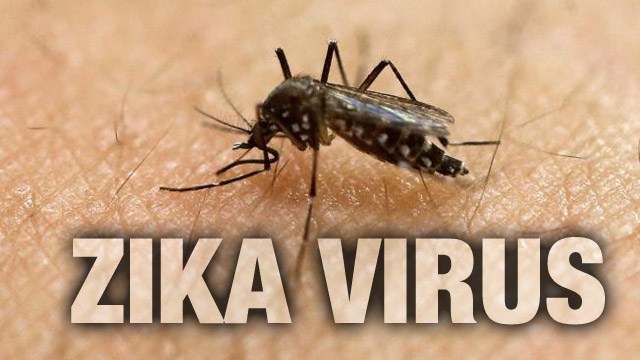Natalie Ahdoot
Staff Writer
If you are going to Peru during this year’s Tiyulim week, then there is a chance you have heard something about the Zika Virus. During this trip to Peru students will have the opportunity to spend eight days living in the beautiful outdoors. Peru is in South America, where the Zika virus is known to be spreading at a constant rate. However, if you are going to Peru, getting the Zika Virus should not be a concern as the virus has not yet reached the part of Peru where the trip is being held.
For those of you unaware of what Zika Virus actually is, it is a disease that is transmitted to people through the bite of an infected Aedes mosquito, which are present at all times of the day. The scary thing about the Zika virus is that as common as it is, doctors still don’t know enough about it and its dangerous effects. For now, the Zika Virus is known to have the biggest effect on females. It has been proven that a bite from one of these mosquitoes can cause the children of pregnant women to have major birth defects such as small heads and brain deformities. This disease can also be sexually transmitted by men, although this is a rare circumstance. It is extremely important that people remain conscious of this issue: about 80 percent of people who actually get the disease don’t have any way of actually knowing as the symptoms may not be obvious. In the rare cases that there are symptoms, a person infected could have fever, rashes, headaches, fatigue, muscle pain, and joint pain. The only way to be diagnosed with Zika is to get tested through sending either a blood or tissue sample to a laboratory for testing within the first week of receiving the infection. The effects of Zika are tragic as there have been thousands of recent birth defects and the birth of abnormal babies.
This is all a great warning and wake up call for many who may not have known what the Zika virus is and what it is capable of doing. This shouldn’t concern those of you who are going to Peru as it has not yet been known to reach that part of South America, and those of you going are being mandated for vaccines for protection. To set some extra ease, Mr. Voltz, the faculty supervisor of the trip, says “Unless someone is planning on being pregnant or getting someone pregnant in the next 5 months then they shouldn’t worry. They are going to have a great time.” It never hurts to take some extra precautions and be aware of this issue, but for those of you Milken students attending, have a great trip and don’t panic if you happen to see a few mosquito bites. They are most likely not the kind to be worrying about!


